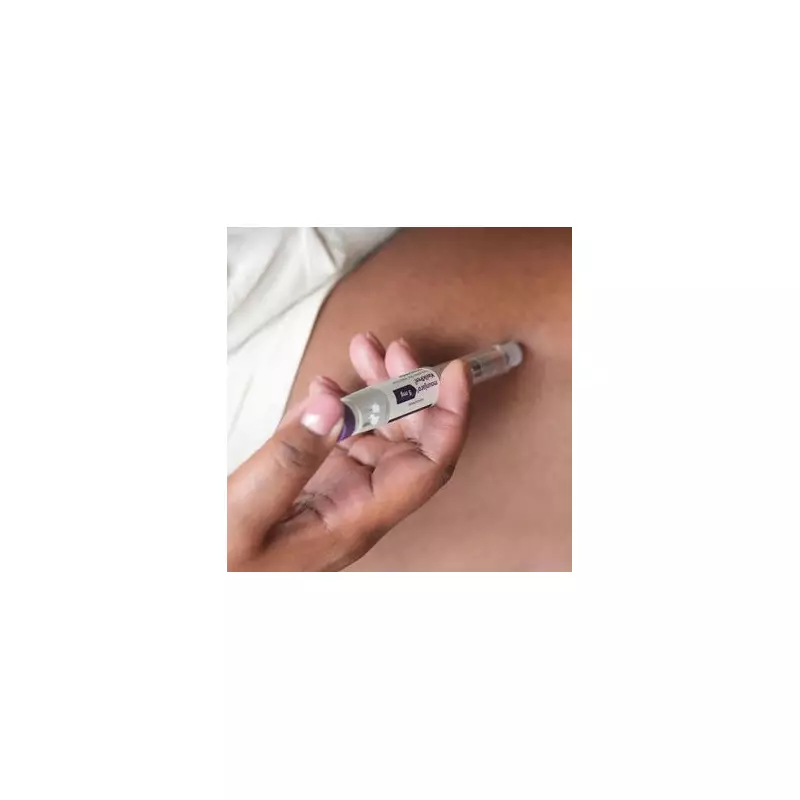
Patients using blockbuster weight loss injections such as Ozempic and Wegovy are being urgently warned to stop treatment before undergoing surgery due to potentially life-threatening complications.
The UK's Medicines and Healthcare products Regulatory Agency (MHRA) has issued a critical safety alert after reports of patients experiencing dangerous regurgitation and aspiration of stomach contents during procedures under general anaesthesia.
Why These Medications Pose Serious Surgical Risks
These GLP-1 receptor agonist medications work by slowing gastric emptying – the same mechanism that makes them effective for weight management and diabetes control. However, this delayed digestion means patients may have significant stomach contents even after following standard pre-operative fasting guidelines.
Dr Alison Cave, MHRA Chief Safety Officer, emphasised: "Patient safety is our top priority. We're advising healthcare professionals to consider stopping these medications before planned surgeries to reduce this risk."
Urgent Recommendations for Patients and Clinicians
The updated guidance includes crucial recommendations:
- Stop GLP-1 receptor agonists at least one week before elective surgery
- Consider pausing treatment before emergency procedures if possible
- Thoroughly discuss medication use during pre-operative assessments
- Remain vigilant for symptoms of regurgitation during procedures
Patients are being urged to always disclose their use of these medications to healthcare providers when discussing any surgical procedure, no matter how minor.
The Growing Popularity of Weight Loss Injections
This warning comes as prescriptions for semaglutide-based medications have skyrocketed across the UK. With thousands now using these treatments for weight management, the potential impact on surgical safety is significant.
While these medications have proven benefits for many patients, this safety alert highlights the importance of considering all aspects of medication effects, particularly when multiple treatments intersect.
The MHRA continues to monitor the situation closely and encourages both patients and healthcare professionals to report any adverse incidents through the Yellow Card scheme.





